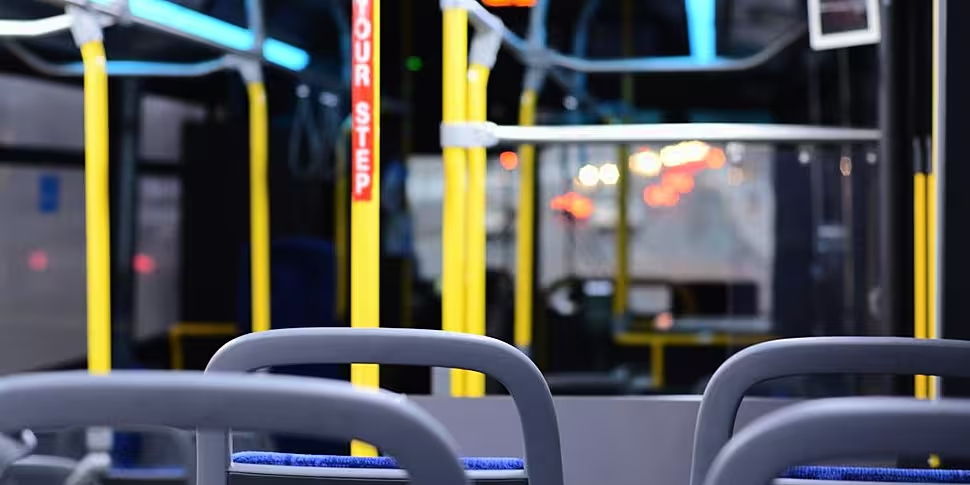Free public transport would result in just a 1 percent drop in car travel, according to a new report.
 Image via Pixabay
Image via PixabayMotorists are more likely to switch to public transport if fuel prices increase, or parking and road usage is restricted, rather than if fares are made free, according to a report from accountancy firm Ernst and Young.
The report analysed academic literature, case studies of free schemes, public surveys and transport modelling.
It found free public transport was more likely to result in fewer people walking and cycling, than a cut to car travel.
It followed remarks by the Transport Minister last week, where Eamon Ryan said free fares would reduce active travel and lead to an 'increased level of unnecessary trips'.
The net financial cost of removing fares would be in the region of between €350 million and €550 million per annum.
If the scheme was extended to private bus operators it would cost the exchequer another €150 million to €200 million per annum.
New buses would have to be bought to prevent overcrowding, which would add an overall capital cost of €140 million.
There were some potential benefits to the measure, the report found, including a reduction in congestion and environmental improvements due to the decline in car use.
Associate Professor of Engineering at Trinity College, Brendan Caulfield says it shows more capacity and frequency is needed:
'It's estimated to cost about 530 million, this free public transport'.
'That would buy you about 800 buses, we need to do that for about a number of years to get our bus fleet up, improve our rail network, build a light rail, build the metro, all of these types of things we've been talking about for decades'.













